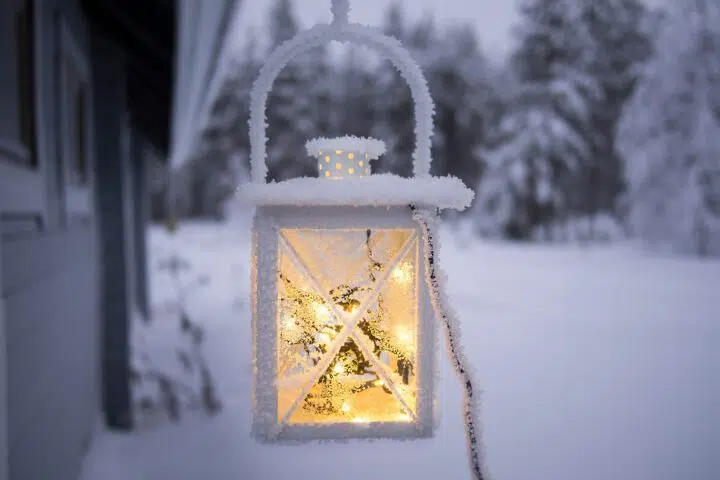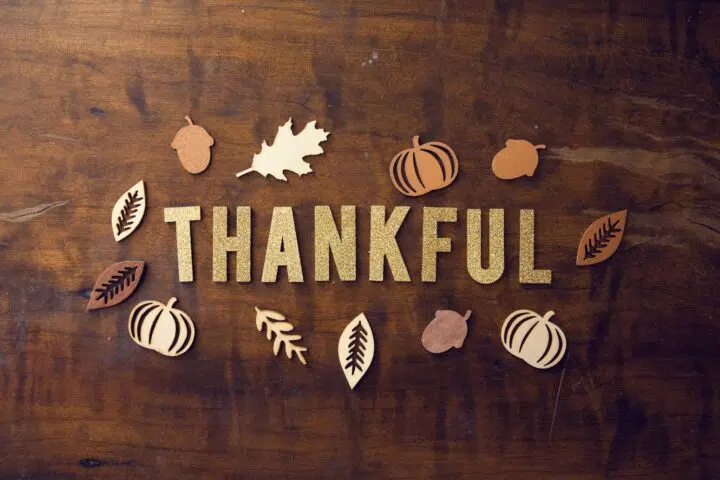Today is Veterans Day. Before it was Veterans Day, it was more commonly known as Armistice Day, a holiday set aside to commemorate the cessation of fighting during World War 1. The armistice was signed during the 11th hour of the 11th day of the 11th month of 1918. It’s also called Remembrance Day in some countries, and is often marked by the handing out of red poppies.
Several years before I knew I would someday be writing stories about World War II, I was rushing into a grocery store to pick up a few items. An older gentleman was standing outside selling purple fabric poppies for a dollar to support veteran causes. I was very young and very poor, and a dollar was a lot of money to me then. But there was something about this man, who smiled and nodded in my direction even as I appeared to be passing him by, that caught my attention. On the way out, I handed him a dollar, and he gave me a poppy and his thanks. I hung that poppy from my rearview mirror, where it stayed for years, to remind me of people like him who had made sacrifices beyond anything I could imagine, and to remind me that history must not be forgotten lest it be repeated.
Recently, I heard a discussion on NPR about the practice of telling veterans, “Thank you for your service.” People say it with the best of intentions, especially when speaking to Vietnam vets who never heard those words when they returned from war. I sometimes say it too, but it often feels hollow to me, at least as a lead-in to a conversation. The vets on the NPR interview confirmed my feeling that it can often create an awkward exchange. One vet said what she really wanted was for people to get to know her and ask about her service. It makes more sense to me thank someone after you’ve taken time to understand what they have done.
I recall talking to a vet once who told me, “I hate it when people say, ‘Thank you for your service.’ I joined the military to get the GI Bill. It was the only way I’d be able to go to college. I joined to benefit me, so you don’t need to thank me.” I’ve talked to other vets who don’t want to be thanked because they feel undeserving. They believe the only soldiers or sailors who truly deserve our thanks are the ones who died or were injured in war. And I’ve talked to some who have said the phrase doesn’t mean much when said in passing. “What exactly are they thanking me for?” one man said.
To me, there are two ways we can truly support our troops and thank our vets:
1) We can make sure our children learn about American history and the wars we’ve fought. We do a poor job of teaching history in this country (placing no blame on our teachers). Our curricula put history on the back burner and many episodes in our past are glossed over or left out altogether. Our children need to hear the stories, not just memorize the dates for a test. They need to be taught to question whether our actions in wartime were right or wrong. They need to be encouraged to embrace their civic responsibility to be informed citizens and to vote.
2) We need to talk to our vets. Hear their stories. Ask about their lessons learned. See them as the people behind the uniform. I have several friends who are working to record veteran stories on the page and on film, and I admire the work they do. If you don’t know any vets, read their stories. Read the many memoirs by World War II veterans (male and female), read the personal letters from the Civil War soldiers and their wives, read biographies and well-written historical fiction. And read the World War I poets, who more than anyone, brought the full experience of war home to the reader.
In Flanders fields the poppies blow
Between the crosses, row on row,
That mark our place; and in the sky
The larks, still bravely singing, fly
Scarce heard amid the guns below.
Lieutenant Colonel John McCrea ,1915
If you like this post, please share


